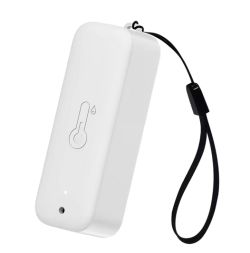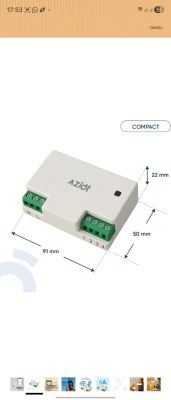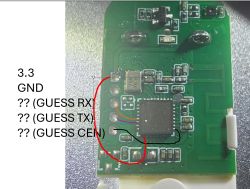Welcome,
colleagues I am running out of ideas for the above problem. I have been trying for a few hours to get i2c communication working between the NodeMcu and the Wemos D1 mini.
I have connected both boards with ground and d1 to d1 and d2 to d2. Of course the lines pulled up to the power supply via 4k7. Node as master and Wemos as slave. Unfortunately after uploading the programs in the ports monitor nothing !
I paste the codes, they are almost finished examples, maybe I have rewritten something wrong.
Master to node code:
.
code to slave Wemos:
.
colleagues I am running out of ideas for the above problem. I have been trying for a few hours to get i2c communication working between the NodeMcu and the Wemos D1 mini.
I have connected both boards with ground and d1 to d1 and d2 to d2. Of course the lines pulled up to the power supply via 4k7. Node as master and Wemos as slave. Unfortunately after uploading the programs in the ports monitor nothing !
I paste the codes, they are almost finished examples, maybe I have rewritten something wrong.
Master to node code:
Code: C / C++
code to slave Wemos:
Code: C / C++






